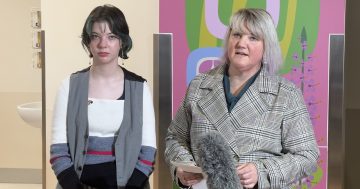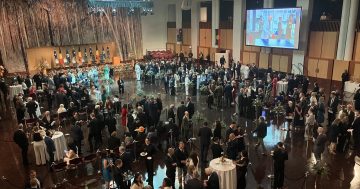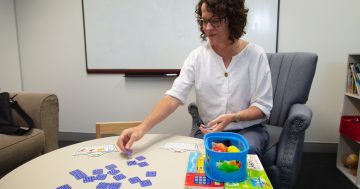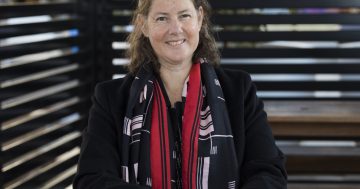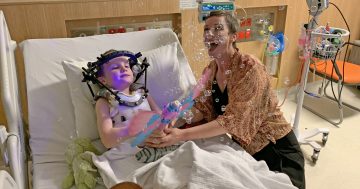 Most people would be familiar with the story of Helen Keller. Blind and deaf, she defied the odds to make history when she was awarded a Bachelor of Arts degree from Radcliffe College, which was the closest a woman could get to Harvard in those days. She went on to make more contributions to the society of her day than most people without a disability will achieve in a lifetime. These achievements were possible because one woman believed in her enough to persevere in breaking down the barriers to communication.
Most people would be familiar with the story of Helen Keller. Blind and deaf, she defied the odds to make history when she was awarded a Bachelor of Arts degree from Radcliffe College, which was the closest a woman could get to Harvard in those days. She went on to make more contributions to the society of her day than most people without a disability will achieve in a lifetime. These achievements were possible because one woman believed in her enough to persevere in breaking down the barriers to communication.
Without communication, learning is simply not possible.
‘Violet’ has been at a public school in the ACT for six years. She is now in Yr 3.
Can Violet read?
Nobody knows.
Violet suffers from a debilitating genetic condition. She can’t speak and she can’t sign. She can’t even point. Does this mean she can’t learn?
Deakin University graduate, Anne McDonald, whose powerful story was told in the 1984 Australian film “Annie’s Coming Out”, says of the right to communicate:
‘For people without speech, talking is often dependent on the generosity of others, either in providing interpretation or facilitation or in giving up time to listen. While this is inevitable, there needs to be an irreducible right to make one’s opinions known on issues concerning your future well-being. At the moment social conversation and medical consent are equal in the sight of the law, both depending on the accidental availability of communication partners with the necessary skills and commitment.
‘There is no right to be heard. There is no right to an interpreter. There is no obligation to listen.
‘While social interactions are always dependent on the politeness and tolerance of individuals, it should be possible to legislate for a right to communicate in formal situations such as courts, hospitals and schools. Without such legally enforceable rights, people without speech will be at the mercy of decision-makers who can arbitrarily decide to disallow communication.
‘Communication falls into the same category as food, drink and shelter – it is essential for life, and without it life becomes worthless.’
The Right to Communicate
Anne McDonald
In her shocking exposition on St Nicholas Hospital Fourteen Years in an Institution Anne describes herself as ‘a severely handicapped athetoid,’ and states, “The combination of these difficulties meant that I could not use my hands, walk, or talk intelligibly.” Like many children without speech, Anne was considered to be mentally retarded; and even diagnosed as such.
It is not that we do not have the technology to enable Violet, and children like her, to communicate. It is that, for all practical purposes, our special schools and therapists here in the ACT do not have access to it. The therapists have no idea when Violet may be even able to trial an appropriate communication device, and doubt whether one will be available before the end of the year.
Meanwhile Violet has only three years of primary school education left, and is slipping further and further behind her peers.
Furthermore, each child in Violet’s high support class must wait to take turns because all need assistance to perform any sort of learning activity. With six children in the class, at times Violet can be waiting 50 minutes for a 10 minute turn. This means that in a six hour school day, she may only have an hour available to really learn something on her individual program.
Yet if she were in a mainstream setting she would have her own support person allocated to enable her to learn one on one. The mainstream setting is unlikely to be appropriate for Violet for various reasons, but why should she be discriminated against in terms of such an essential resource?
So instead of learning her ABCs and 123s, Violet has been studying assisted finger painting and excursions to the local Kippax shops. All very nice, but does it really constitute a quality education?
The teachers and therapists do the best with the woefully inadequate resources that they have. I have never met such a fine group of people as those who work within the special needs community.
For Violet, however, literacy is not going to be ‘just another nice thing to have’ but a core life skill she will need to communicate adequately with the world around her: to have any independence or human dignity.
Frankly, I have to wonder what proportion of children graduate from the special education system in the ACT with even a Yr 6 standard of literacy or numeracy.
If Helen Keller attended Violet’s school today, would she be just another student with behavioural issues doing assisted finger painting in the senior building?












